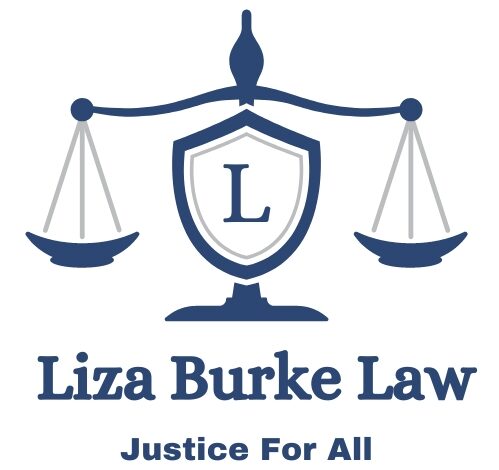Owning a rental property can be a lucrative investment opportunity, but it also comes with a host of legal obligations and potential risks. As a landlord in Canada, it is important to be aware of your legal responsibilities and to comply with all applicable laws and regulations. Failure to do so can result in costly fines, legal disputes, and damage to your reputation as a property owner.
In this article, we will explore the legal implications of owning a rental property in Canada, including the landlord-tenant relationship, key laws and regulations, and best practices for compliance.
The Landlord-Tenant Relationship
The landlord-tenant relationship is a legal contract between the property owner and the tenant. As the landlord, you are responsible for providing a safe and habitable living environment for your tenants, while the tenant is responsible for paying rent and complying with the terms of the lease agreement.
It is essential to establish a clear and comprehensive lease agreement that outlines the rights and responsibilities of both parties. This document should include the rent amount, payment due dates, security deposit requirements, maintenance responsibilities, and other important details. By having a written agreement, both parties can refer to it in case of any disputes or misunderstandings.
Key Laws and Regulations
In Canada, there are several laws and regulations that landlords must comply with, including:
Residential Tenancies Act (RTA)
The RTA is a provincial law that governs the landlord-tenant relationship in Ontario, British Columbia, Alberta, Manitoba, Nova Scotia, New Brunswick, Saskatchewan, and Prince Edward Island. The act outlines the rights and responsibilities of landlords and tenants, including rent increases, eviction processes, and maintenance standards.
Human Rights Code
The Human Rights Code is a federal law that prohibits discrimination based on factors such as race, religion, gender, and disability. As a landlord, it is illegal to refuse to rent to someone based on these factors, and you must make reasonable accommodations for tenants with disabilities.
Residential Tenancy Branch (RTB)
The RTB is a provincial agency that provides information and dispute resolution services for landlords and tenants in British Columbia. It is responsible for enforcing the RTA and resolving disputes between landlords and tenants.
Canada Revenue Agency (CRA)
As a landlord, you are required to report rental income on your tax return and pay any applicable taxes. The CRA provides information on how to report rental income and deductions, including expenses such as mortgage interest, property taxes, and repairs.
Best Practices for Compliance
To ensure compliance with all applicable laws and regulations, landlords in Canada should:
Conduct thorough tenant screenings
Before renting out your property, it is important to conduct thorough tenant screenings to ensure that you are selecting responsible tenants who will pay rent on time and take care of the property. This can include credit checks, background checks, and references from previous landlords or employers.
Maintain the property
As a landlord, you are responsible for maintaining the property and ensuring that it is safe and habitable for your tenants. This includes addressing any repairs or maintenance issues promptly and keeping the property clean and well-maintained.
Provide proper notice
If you need to enter the rental property for maintenance or inspection purposes, you must provide proper notice to the tenant in advance. In most provinces, the minimum notice period is 24 hours, but it can vary depending on the circumstances.
Follow the eviction process
If you need to evict a tenant for non-payment of rent or other lease violations, you must follow the legal eviction process outlined in the RTA or other applicable laws. This includes providing written notice of the eviction, giving the tenant an opportunity to remedy the situation, and filing the necessary paperwork with the appropriate agency.
Understand and follow rent control laws
In some provinces, such as Ontario and British Columbia, there are rent control laws that limit the amount landlords can increase rent annually. As a landlord, it is important to understand and comply with these laws to avoid legal and financial penalties.
Keep accurate records
To ensure compliance with tax laws and to track rental income and expenses, it is important to keep accurate records of all financial transactions related to the rental property. This can include rent payments, repairs and maintenance expenses, and other related costs.
Owning a rental property in Canada can be a rewarding investment opportunity, but it also comes with a range of legal obligations and potential risks. As a landlord, it is important to understand and comply with all applicable laws and regulations, including the RTA, Human Rights Code, and other related laws.
By following best practices for compliance, including conducting thorough tenant screenings, maintaining the property, providing proper notice, following the eviction process, understanding rent control laws, and keeping accurate records, you can minimize your legal risks and ensure a successful rental property investment.




